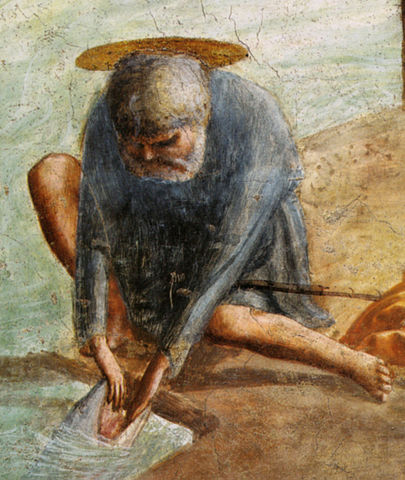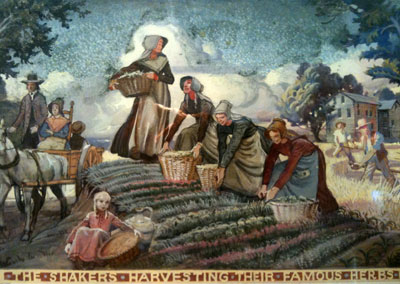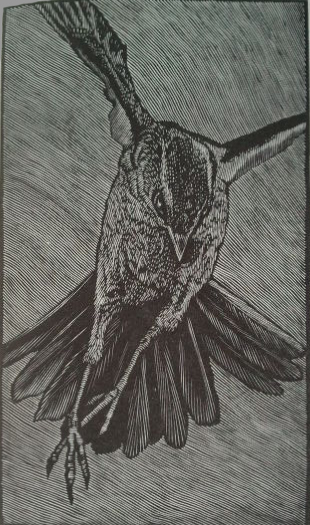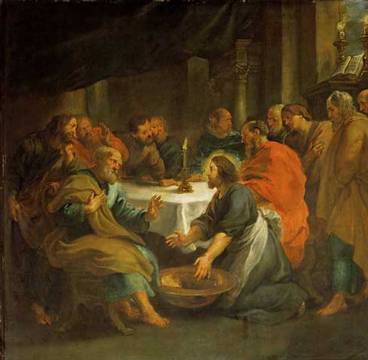Last week was a tough one. My town had some local violence to deal with on top of all the other trauma and sadness. I feel like I’ve spent the past ten days in prayer.
I also feel like I’ve learned some things about community. In these times, the technology that connects us daily intensifies our experience of of events as they occur. We feel the anxiety of not knowing and impatience for events to unfold. We have all the power of the internet, and yet we cannot find answers to our questions.
What we can do, what we have done, is be in community–in space and online. Suffering, both ours and others’, often makes us aware of our place in larger communities than we had imagined we were part of. Our shared humanity becomes achingly apparent to us, and we express ourselves in public acts of grief, anger, support, and remembrance. The web can do that too.
This is our part of our call as Christians. Rejoice with those who rejoice, and mourn with those who mourn. I’ve known that for years, but last week I got a bigger sense of what that might mean.
So here we are on Monday morning. There’s a new week beginning and it’s still Easter. I think I’ll give thanks and share a bit of Presbyterian Seminarian humor that was sent to me a while back. It also reminds me that I am part of a very large community–the Church Universal, they call it–and that is a wonderful thing.
“A little present for those Presbyterians (PCUSA) gearing up for ordination exams this week. Just a reminder of how wonderful — and wonderfully ridiculous — our tradition is. Thanks to all those who helped — both PCA and PCUSA alike.”







